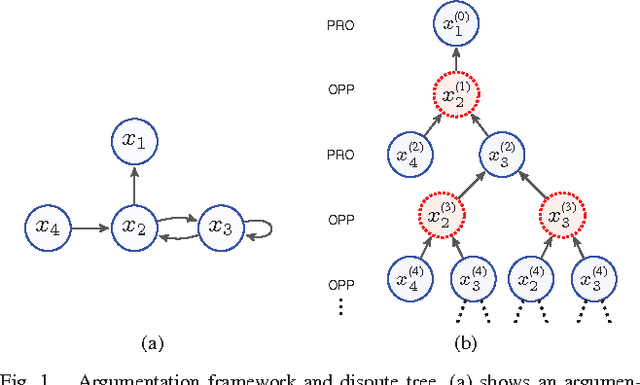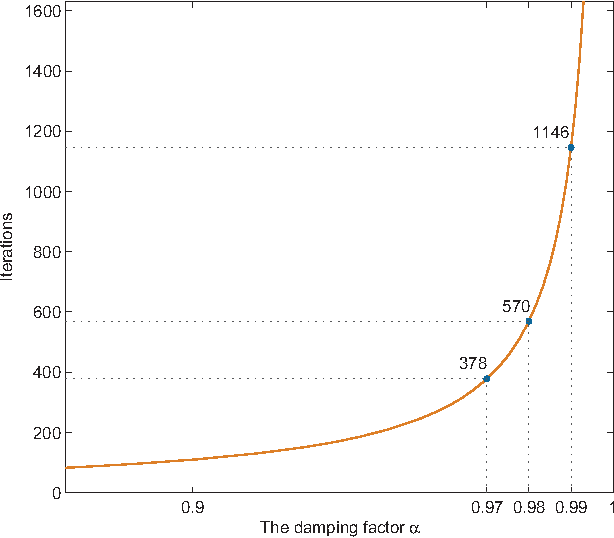Some Supplementaries to The Counting Semantics for Abstract Argumentation
Paper and Code
Sep 11, 2015

Dung's abstract argumentation framework consists of a set of interacting arguments and a series of semantics for evaluating them. Those semantics partition the powerset of the set of arguments into two classes: extensions and non-extensions. In order to reason with a specific semantics, one needs to take a credulous or skeptical approach, i.e. an argument is eventually accepted, if it is accepted in one or all extensions, respectively. In our previous work \cite{ref-pu2015counting}, we have proposed a novel semantics, called \emph{counting semantics}, which allows for a more fine-grained assessment to arguments by counting the number of their respective attackers and defenders based on argument graph and argument game. In this paper, we continue our previous work by presenting some supplementaries about how to choose the damaging factor for the counting semantics, and what relationships with some existing approaches, such as Dung's classical semantics, generic gradual valuations. Lastly, an axiomatic perspective on the ranking semantics induced by our counting semantics are presented.
 Add to Chrome
Add to Chrome Add to Firefox
Add to Firefox Add to Edge
Add to Edge